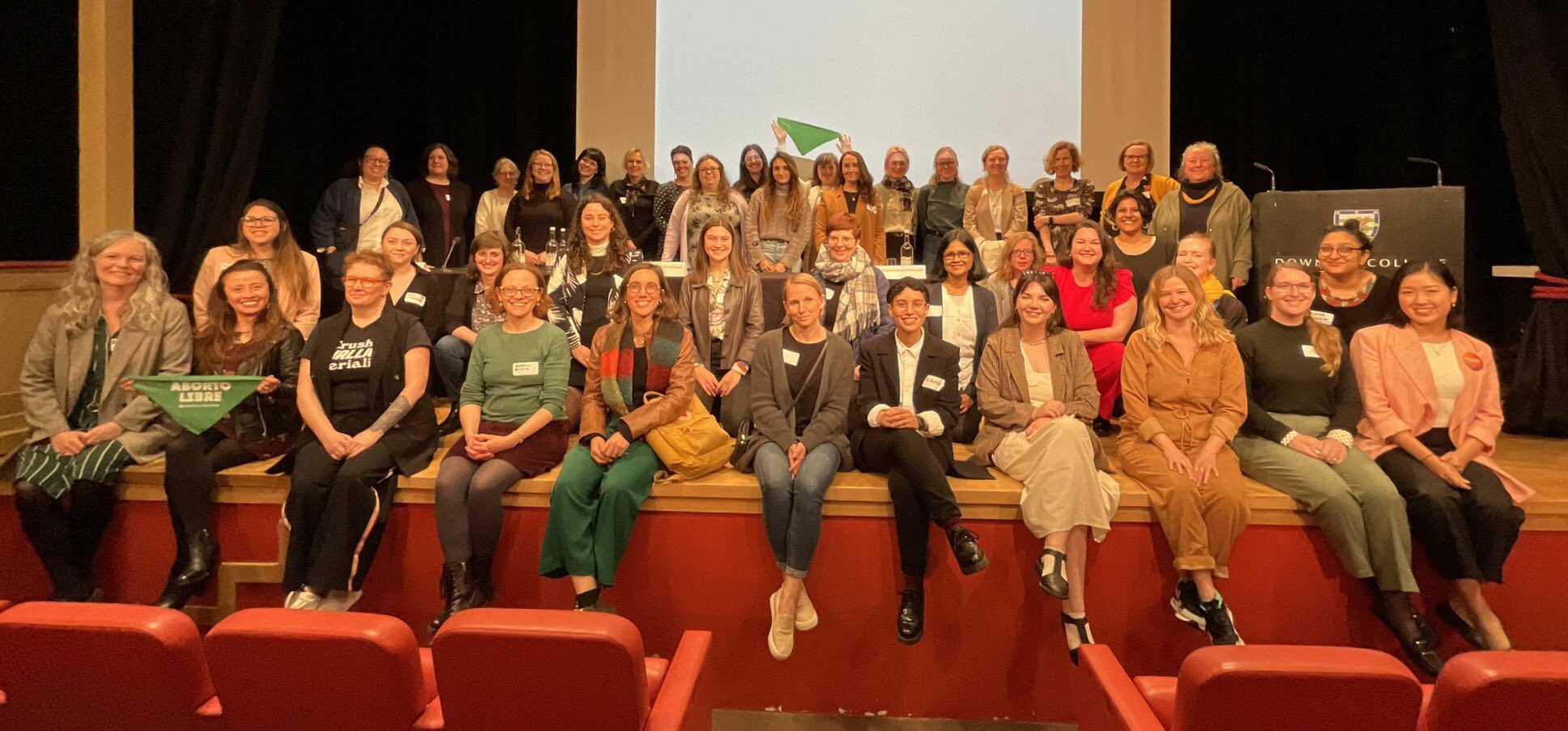
El pasado 18 de abril, la directora del observatorio, Martina Yopo, fue parte de la Conferencia “Reproductive Justice in a (Post-)COVID World: Transnational Protest and Resistance”, específicamente, fue parte del panel número 2, “Borders, reproductive violence, and environmental injustice”, exponiendo su presentación titulada ‘Against Precarity: Structural Fertility as Reproductive Justice’.
Puedes leer un abstract de su presentación acá:
“Issues regarding whether, when and how to have children have been at the forefront of feminist struggles for reproductive justice as the right not to have a child but also the right to have a child and to parent children in safe and healthy environments (Ross and Solinger, 2017). This paper addresses tensions of reproductive justice by empirically analyzing the relationship between precarity and fertility in the lived experiences of transition to motherhood of 40 women in neoliberal Chile. I argue that the precarity of social conditions for having and raising children, characterized by the erosion of social protection, the privatization of basic services, the feminization of care, and the increase of time poverty, are reshaping women’s childbearing intentions and practices. I find that women intend not to have children, to have fewer children, and to have children at more advanced ages as individual tactics to enact responsible selves and become good mothers in precarious environments. Drawing on the work of Butler (2009) and Marré (2009), I assert that social precarity poses significant constraints to women’s reproductive autonomy and the collective sustainability of life. Through these findings, I challenge prevalent interpretations of changing fertility patters in the Global South, re-embed fertility in social structures, and stress the importance of rebuilding public infrastructures of care and rearticulating networks of support for childrearing as effective means of enabling structural fertility and advancing reproductive justice in Chile and beyond.”



